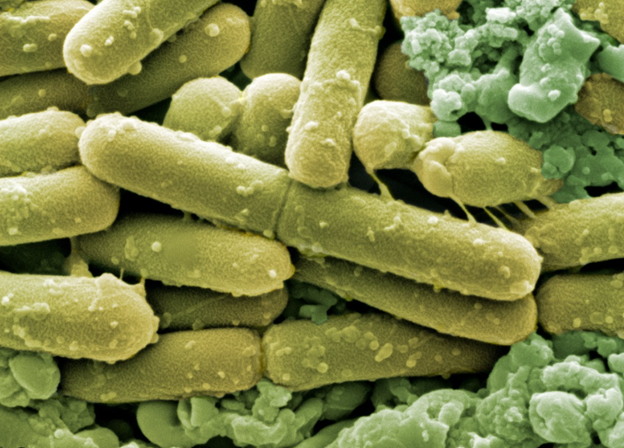
Clostridium difficile, commonly known as C. diff, is a bacterium that has challenged the medical community for decades. This infection is particularly notorious in healthcare settings and poses a significant risk due to its ability to cause severe diarrhea and colitis. Understanding the history and evolving science of C. diff is crucial in our ongoing battle against this resilient pathogen.
A Historical Perspective
C. diff was first identified in 1935, but it wasn't until the late 1970s that its role as a significant cause of antibiotic-associated diarrhea and colitis was recognized. The initial cases were primarily linked to antibiotic use, which disrupts the normal gut flora, allowing C. diff to flourish. Since then, the incidence and severity of C. diff infections have grown, often attributed to the emergence of more virulent strains and widespread use of antibiotics.
The C. diff Lifecycle
C. diff exists in two forms: an active, infectious form that cannot survive for long outside the body, and a spore form, which is non-infectious but highly resilient and can persist in the environment for months. The spore form is a critical factor in the spread and recurrence of C. diff infections.
Current Challenges in C. diff Infections
Today, C. diff represents a significant challenge due to its resistance to many common disinfectants and its ability to survive in hospital environments. The infection is typically precipitated by the use of broad-spectrum antibiotics that disrupt the normal gut flora, creating an environment where C. diff can thrive.
Advancements in Understanding and Treatment
In recent years, there have been significant advancements in understanding and treating C. diff. One of the most promising developments is the use of fecal microbiota transplantation (FMT), where fecal matter from a healthy donor is introduced into the patient's colon to restore a healthy bacterial balance. This treatment has shown high success rates in recurrent C. diff infections.
Preventive Strategies
Prevention strategies have also evolved. These include improved infection control practices in healthcare settings, more judicious use of antibiotics, and the development of vaccines that are currently under investigation.
The Future of C. diff Management
Looking ahead, the management of C. diff is moving towards more targeted therapies. These include new antibiotics that are less disruptive to the gut microbiome and probiotics that help maintain a healthy gut flora. Research is also focusing on identifying individuals at high risk of C. diff infections, which could lead to more personalized preventive strategies.
Conclusion
The journey from the discovery of C. diff to the current understanding of its management highlights both the challenges and advancements in dealing with this resilient pathogen. While significant progress has been made, C. diff continues to be a major healthcare concern, necessitating ongoing research and innovation in both treatment and prevention strategies.
